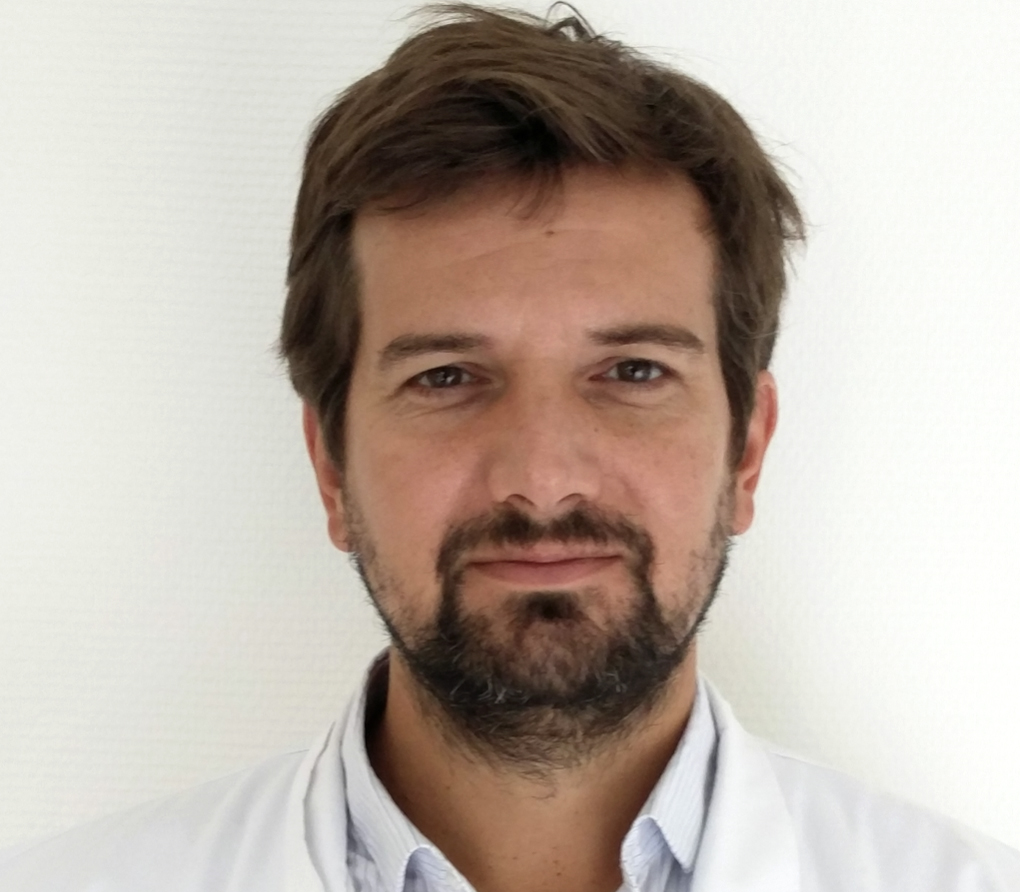Richard Delorme is head of the Center of Excellence for Autism Spectrum Disorders and Neurodevelopmental Disorders (InovAND) and head of the Department of Child and Adolescent Psychiatry at the Robert Debré Hospital, both in Paris, France. He has a broad background in child psychiatry and genetics, with expertise in the identification of biomarkers in rare diseases associated with autism. He is also a researcher at the Human Genetics and Cognitive Functions Laboratory at the Institut Pasteur, in Paris. In recent years, he has been involved in several research programs, brain imaging studies and IPSC-based drug screening technology. He is an author on more than 100 publications.

Richard Delorme
Head
Center of Excellence for Autism Spectrum Disorders and Neurodevelopmental Disorders
From this contributor
Coronavirus tool kit may aid families with autistic children during lockdown
To help families cope with the sudden loss of professional support during the pandemic, one team in France has created a set of resources and information.

Coronavirus tool kit may aid families with autistic children during lockdown
Explore more from The Transmitter
How insights from network theory can boost interdisciplinary efforts
Communication on one interdisciplinary research team improved after the researchers turned an analysis technique used to study the brain on themselves and identified the roles people played in lab meetings.
How insights from network theory can boost interdisciplinary efforts
Communication on one interdisciplinary research team improved after the researchers turned an analysis technique used to study the brain on themselves and identified the roles people played in lab meetings.
Frameshift: Raphe Bernier followed his heart out of academia, then made his way back again
After a clinical research career, an interlude at Apple and four months in early retirement, Raphe Bernier found joy in teaching.

Frameshift: Raphe Bernier followed his heart out of academia, then made his way back again
After a clinical research career, an interlude at Apple and four months in early retirement, Raphe Bernier found joy in teaching.
Organoid study reveals shared brain pathways across autism-linked variants
The genetic variants initially affect brain development in unique ways, but over time they converge on common molecular pathways.

Organoid study reveals shared brain pathways across autism-linked variants
The genetic variants initially affect brain development in unique ways, but over time they converge on common molecular pathways.